IMSML Website Article 5/2023: Resolution MSC.524(106) - Amendments to the International Code for Safety for Ships Using Gases or other Low-Flashpoint Fuels (IGF Code)
The IGF Code was the subject-matter for MSC 106 via Resolution MSC.524(106). It was the fifth MSC resolution listed in the Marine Department’s (MARDEP) MSN 03/2023. According to the summary provided by MARDEP, there are three main points about this MSC 106 resolution. First, amendments are made to Chapter 7 (Material and general pipe design) of Part A-1 (Specific requirements for ships using natural gas as fuel) of the IGF Code. In particular Chapter 7 concerns the application of high manganese austenitic (hi-Mn) steel for cryogenic service. Second, the amendments permit the use of high manganese austenitic steel for type A, B and C tanks, for among others butane and methane (LNG) as fuel. Third, the amendments will enter into force on 1 January 2026.
The focus of this very short article is the IGF Code’s PART A-1 on Specific Requirements for Ships Using Natural Gas as Fuel. Particular attention is given to amendments in Chapter 7 on Material and general pipe design. There is a new Table 7.3 (see Regulation 7.4.3) which replaces the old Table 7.3.
In substance, Table 7.3 is similar to Table 6.3 found in the International Code for the Construction and Equipment of Ships Carrying Liquefied Gases in Bulk (IGC Code), see MSC.523(106) on the amendments to Chapter 6 on ‘Materials of Construction and Quality Control’, dealt with in IMSML Website Article 4/2023. To understand Table 7.3 in Chapter 7 of IGF Code, all one has to do is read Table 6.3 in Chapter 6 of the IGC Code.
As the author glossed over the materials between the two extreme ends of Table 6.3, those similar ‘in between’ materials in Table 7.3 will be deliberately given some attention in the context of plates, sections, and forging for fuel tanks, secondary barriers and process pressure vessels for design temperatures below -55 degrees Celsius down to -165 degrees Celsius, where there is a maximum thickness of 25mm. The details for the materials include the minimum design temperature (MDT) and impact test temperature (ITT), both measured in Celsius:
[1] 2.25% nickel steel - Normalised, normalised and tempered, quenched and tempered, TMCP (ie Thermo-mechanically Controlled Processed steels), MDT: -65, ITT: -70;
Note: TMCP are subject to acceptance by IMO Administration and/or the State regulators. Such similar acceptance is also required for quenched and tempered steels.
[2] 3.5% nickel steel - Normalised, normalised and tempered, quenched and tempered, MDT: -90, ITT: -95;
[3] 5% nickel steel - Normalised, normalised and tempered, quenched and tempered, MDT: -105, ITT: -110;
[4] 9% nickel steel - Double normalised and tempered, or quenched and tempered, MDT: -165, ITT: -196;
[5] Austenitic steels, such as types 304, 304L, 316, 316L, 321 and 347 solution treated, MDT: -165, ITT -196;
Note: For this category, the impact test may be omitted subject to agreement by IMO Administration and/or the State regulators.
[6] High manganese austenitic steel - Hot rolling and controlled cooling, MDT: -165, ITT: -196;
Note: Subject to Guidelines developed by IMO. Further, impact test may be omitted for high manganese austenitic steel.
[7] Aluminium alloys, such as type 5083 annealed, MDT: -165, ITT: Not required.
Thank you for reading IMSML Website Article 5/2023
Stay tuned for the next IMSML Website Article 6/2023: Resolution MSC.525(106) - Amendments to the International Code on the Enhanced Programme of Inspections during Surveys of Bulk Carriers and Oil Tankers 2011 (2011 ESP Code), Part 1 of 4, Annex A, Part A
Signing-off for today,
Dr Irwin Ooi Ui Joo, LL.B(Hons.)(Glamorgan); LL.M (Cardiff); Ph.D (Cardiff); CMILT
Professor of Maritime and Transport Law
Head of the Centre for Advocacy and Dispute Resolution
Faculty of Law
Universiti Teknologi MARA Shah Alam
Selangor, Malaysia
Wednesday, 16 August 2023
Note that I am the corresponding author for the IMSML Website Articles. My official email address is: uijoo310@uitm.edu.my
